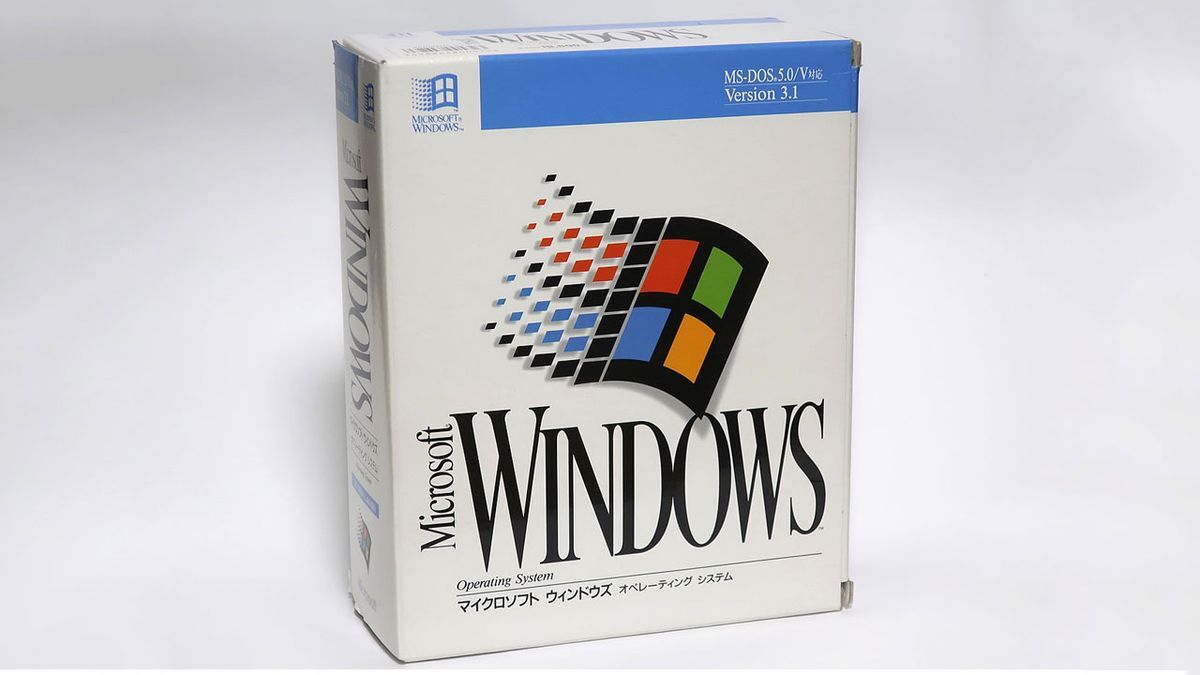Windows 3.1, launched in 1992, is likely not getting any updates. So, when CrowdStrike pushed the faulty update to all its customers, Southwest wasn’t affected (because it didn’t receive an update to begin with).
Aside from Windows 3.1, Southwest also uses Windows 95 for its staff scheduling system.
One X user suggested that the company switch to Windows XP—it’s also no longer updated, and it can run Windows 3.1 applications via compatibility mode.



Once upon a time I couldn’t understand why companies and governments still used ancient computer systems running DOS, Win3.1, or 9x, or computers like C64s. “Upgrade! Your new systems will be far more powerful and efficient; and that means they’re better!” -teenage me at some point, probably.
However, as I’ve gotten older I’ve realized that it’s because “if it ain’t broke, don’t fix it”. While Southwest may spend more money than necessary on maintenance due to the ancient systems needing now-specialized skills, those systems are also time-proven to be as functional and dependable as they need them to be. Ironically, they might actually be more secure than most modern systems due to a combination of decades of specialized security/stability patches they’ve probably had and simple security-through-obsolescence.
Edit: misremembered the phrase, “if it ain’t broke, don’t fix it”.
deleted by creator
Are there PS2 to USB dongles?
deleted by creator
So they spend more on maintenance, but the system is also dependable? That seems contradictory.
Not really. A machine that only breaks down every 10 years but is expensive to repair could be considered dependable and expensive to maintain. Similarly, a machine that has expensive parts which rarely fail within their expected lifespan could be considered dependable and expensive to maintain.
Edit: you’re also ignoring the cost of finding and hiring people who know how to maintain the systems. The systems themselves could be dependable, but the skills required to maintain them are expensive.